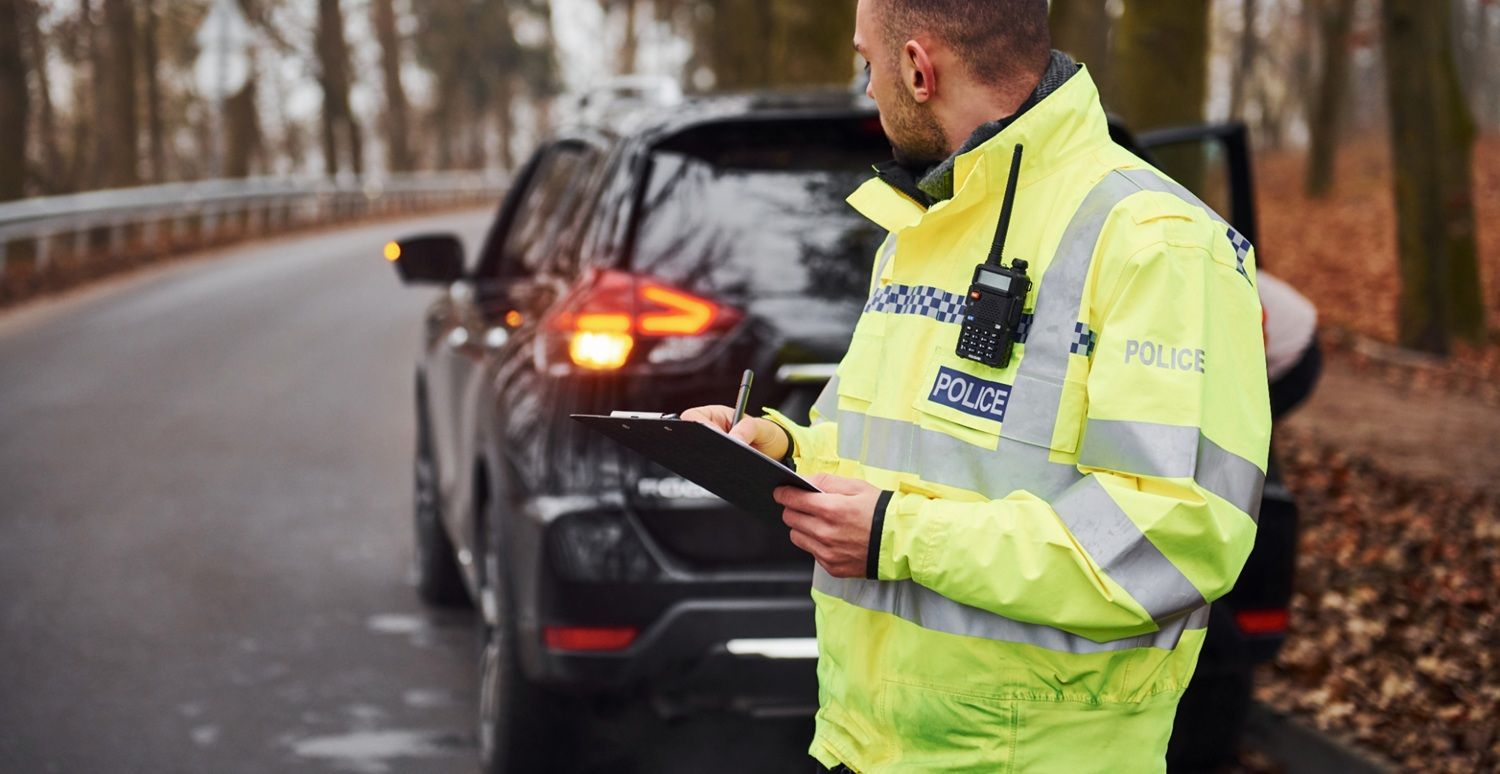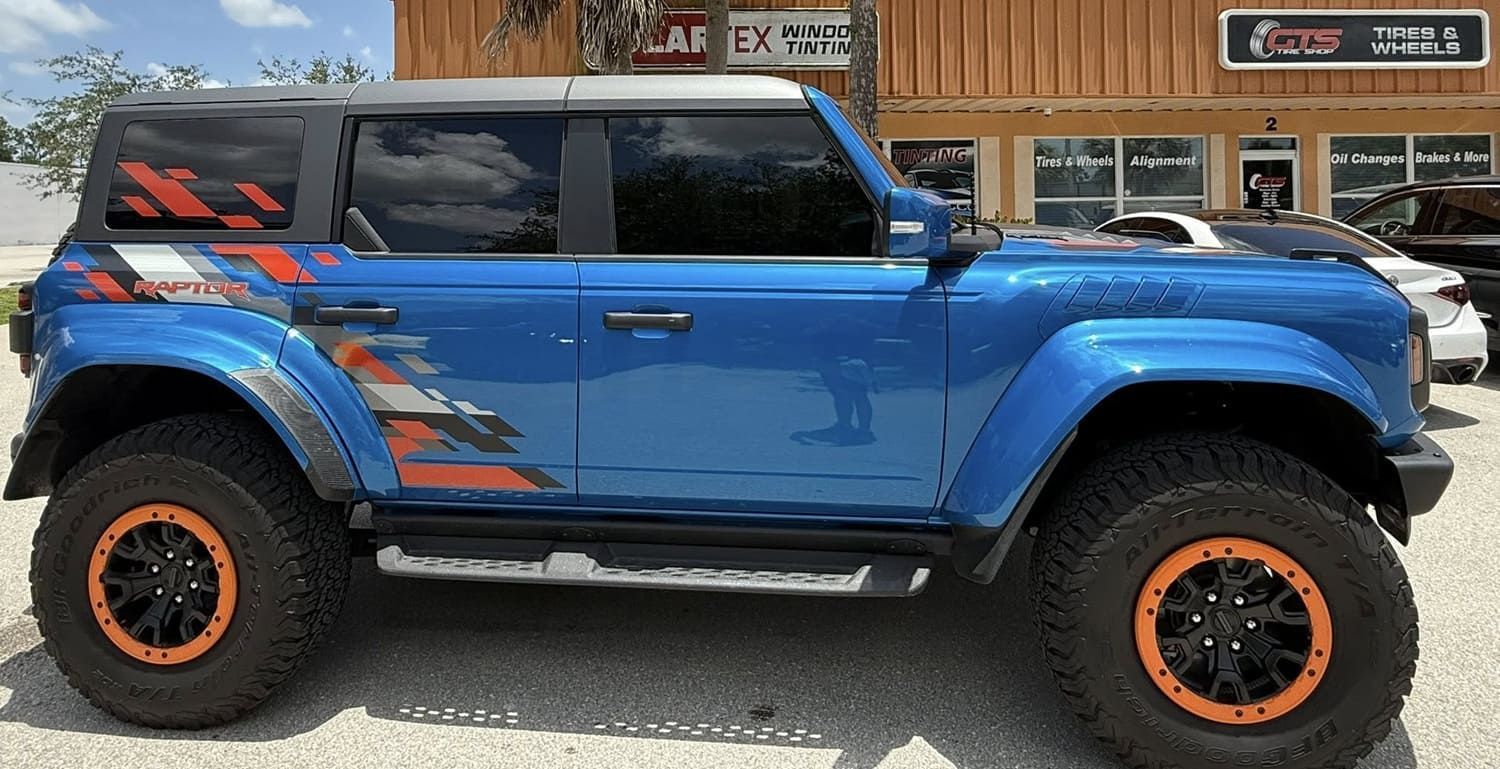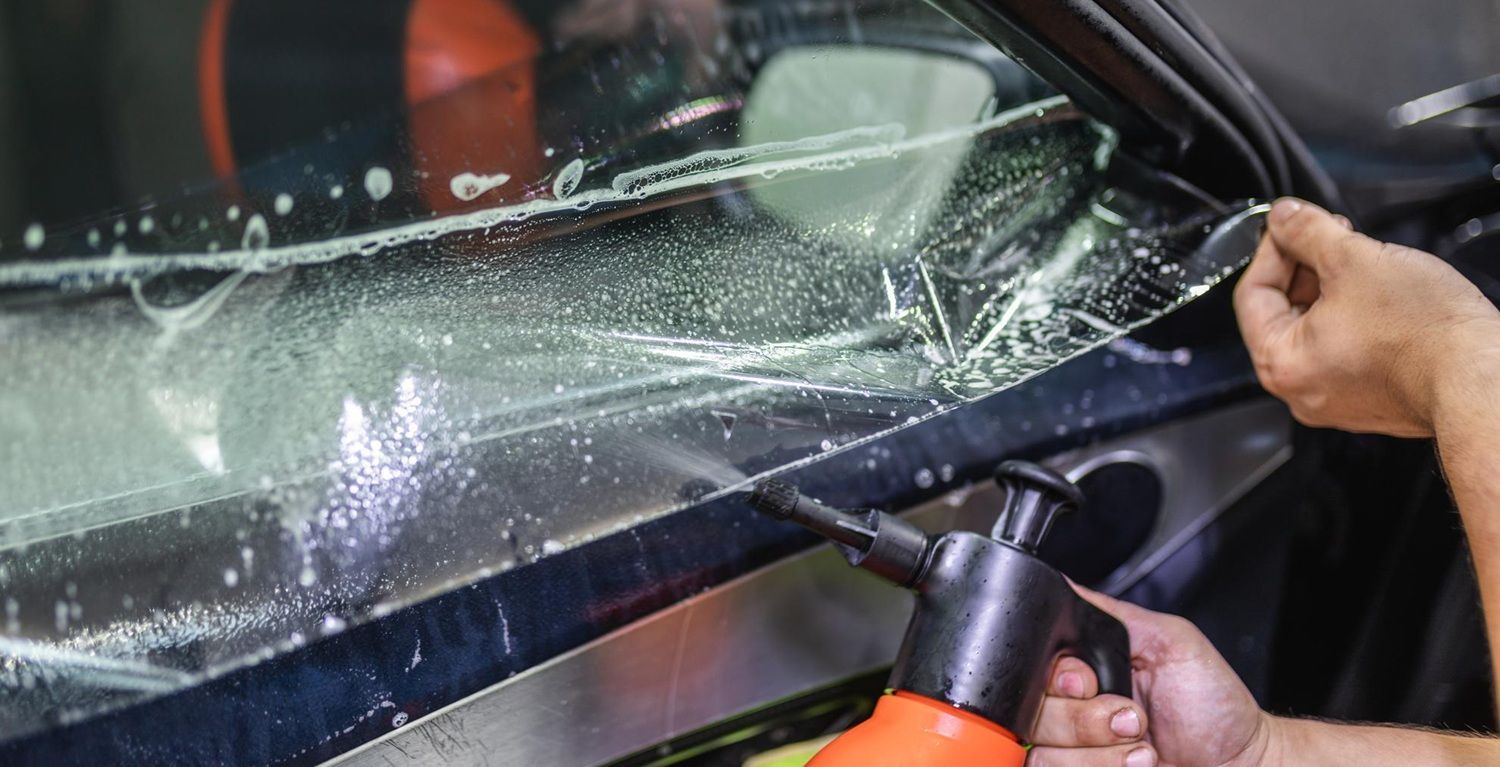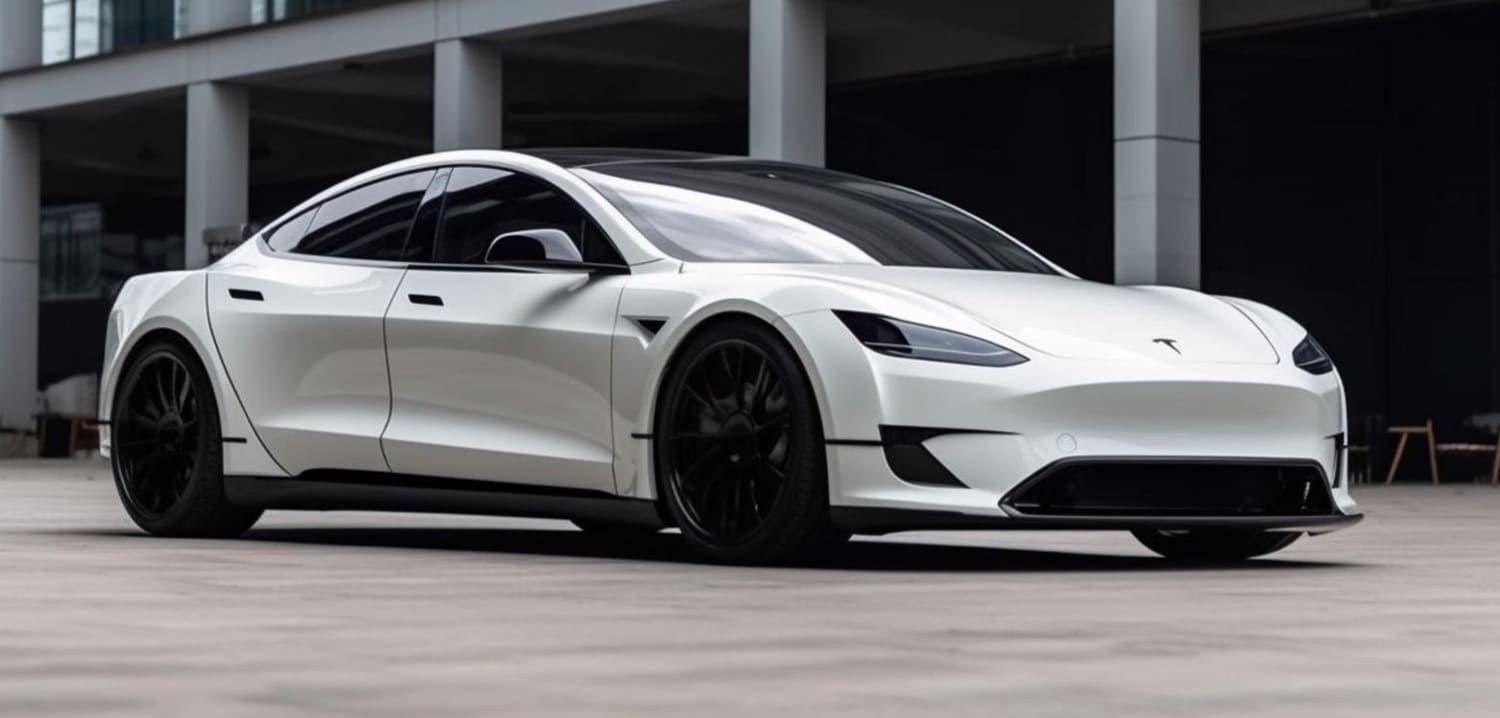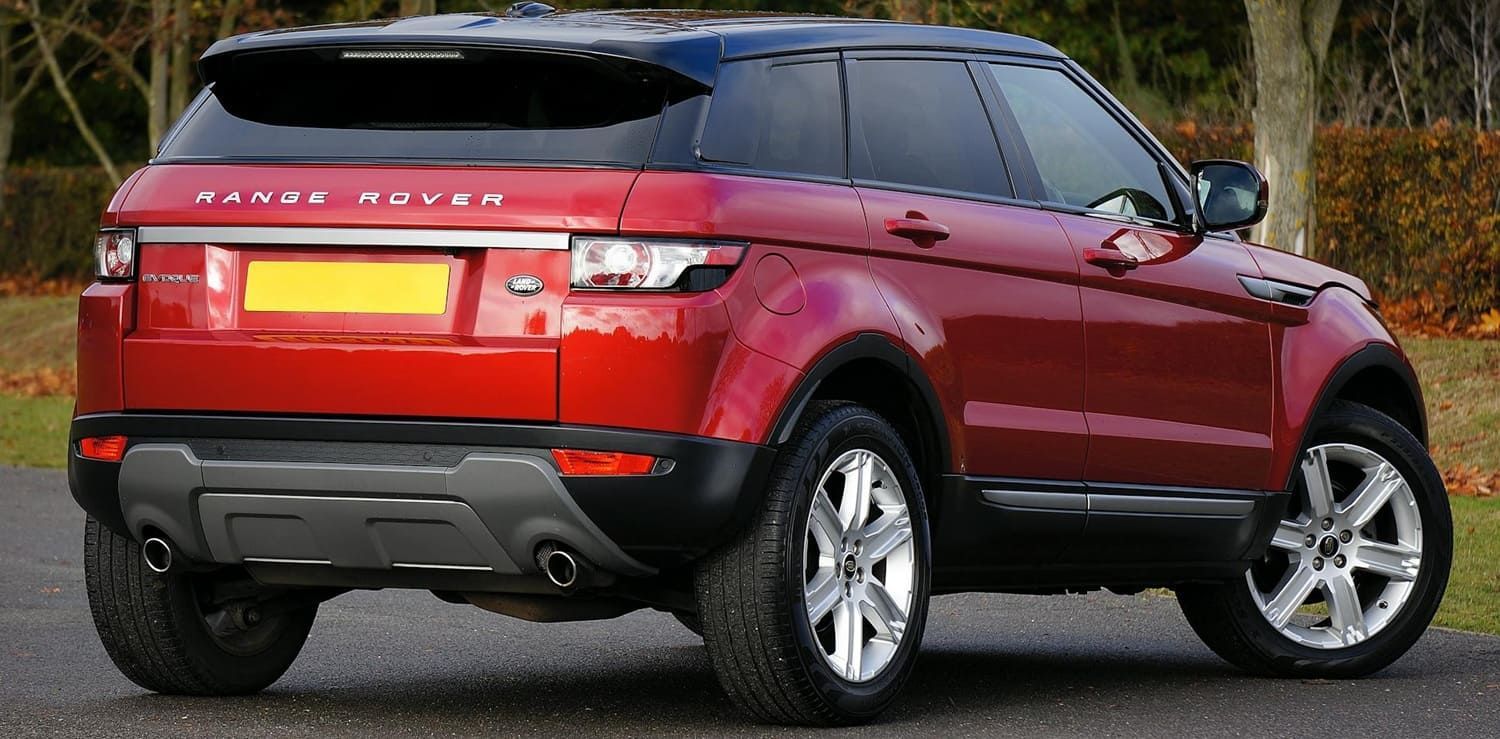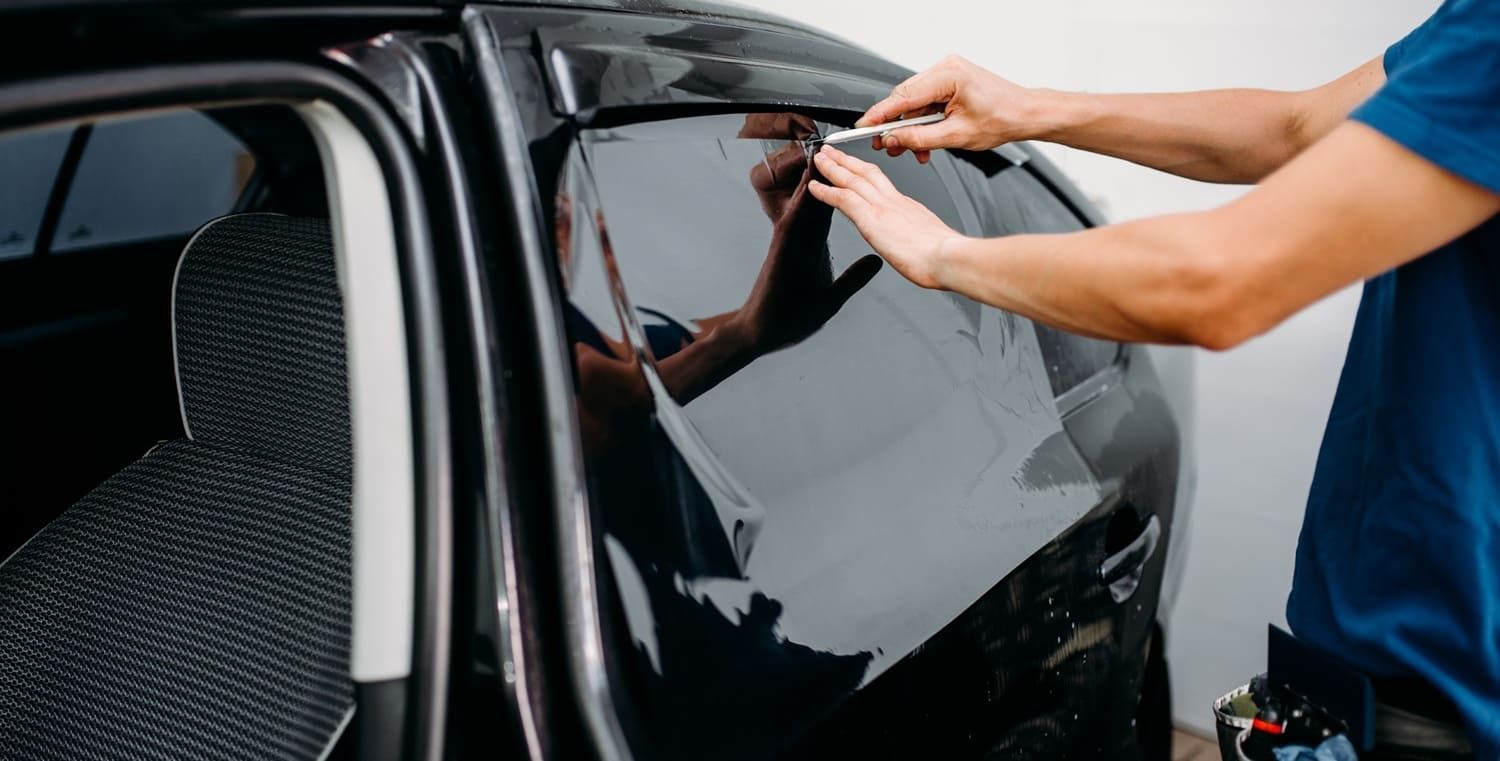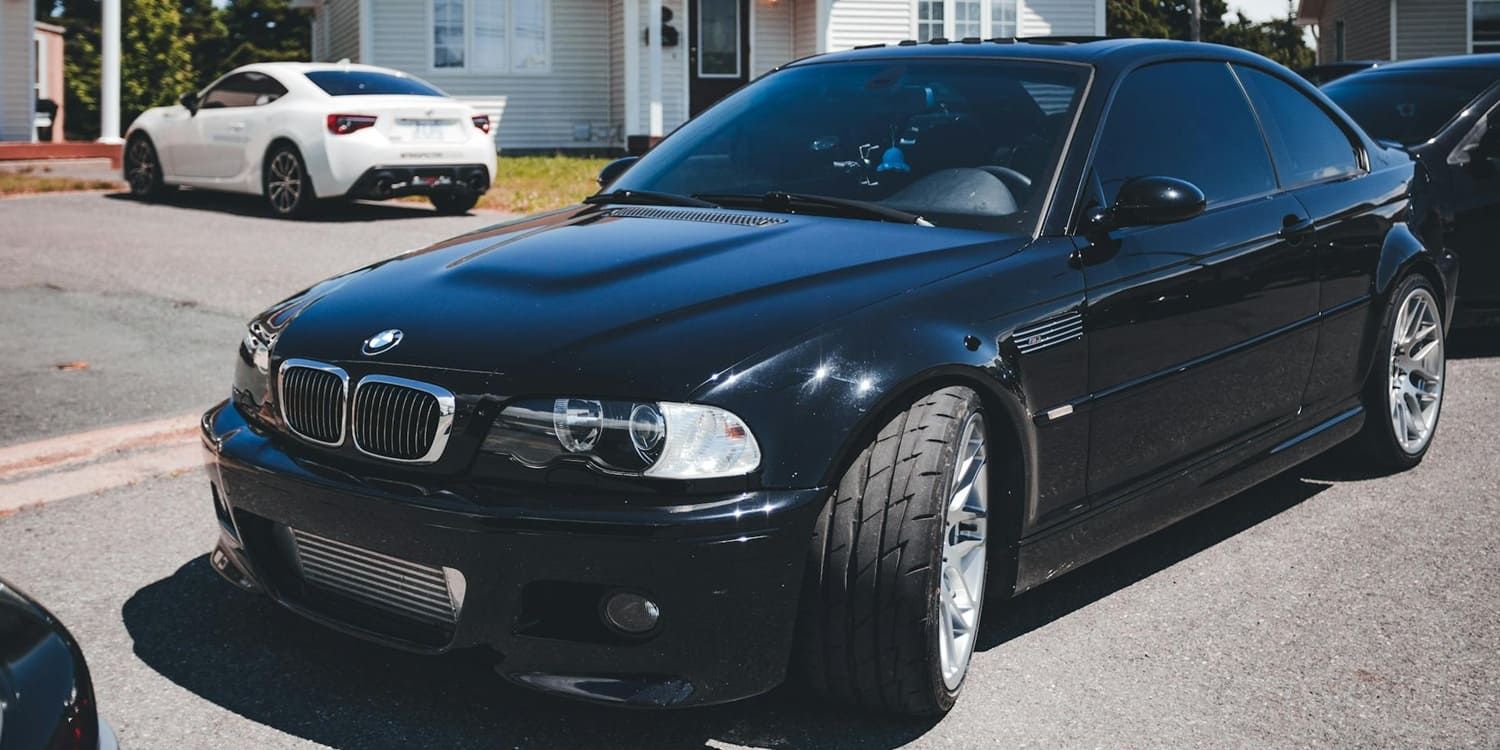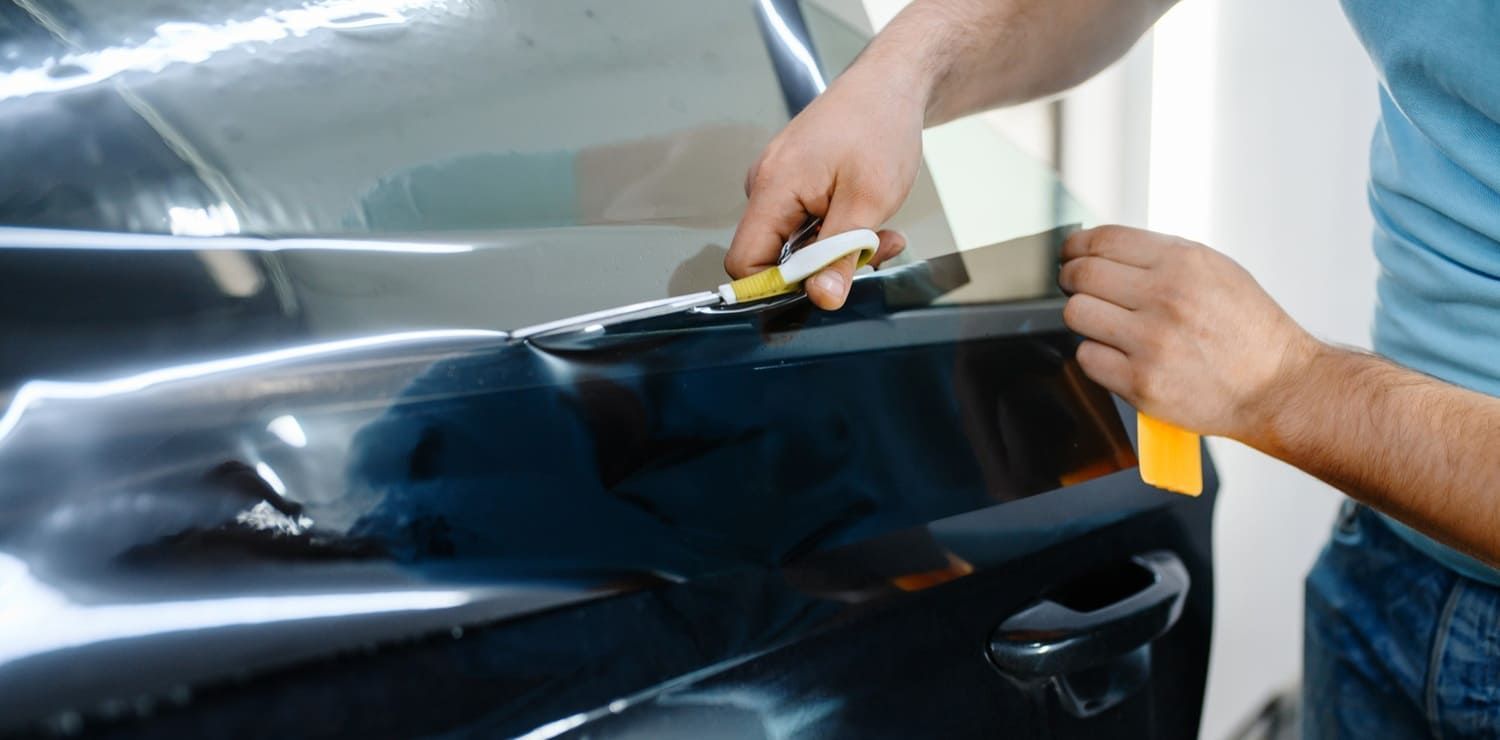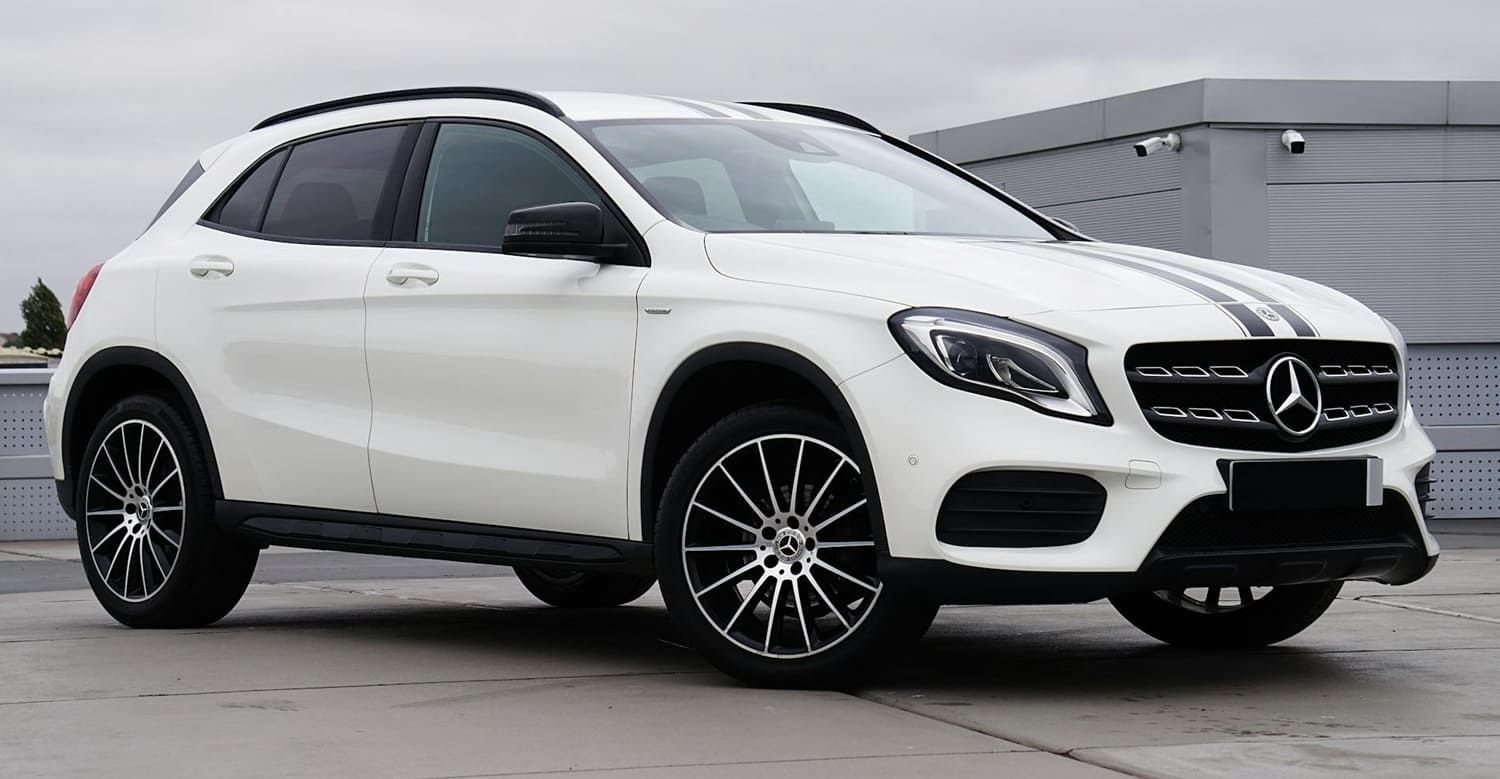6 Tips on Tinting Windows for New Car Owners
One of the more unique updates you can make for your car is tinting windows. Here are tips for new car owners on picking tints for windows.
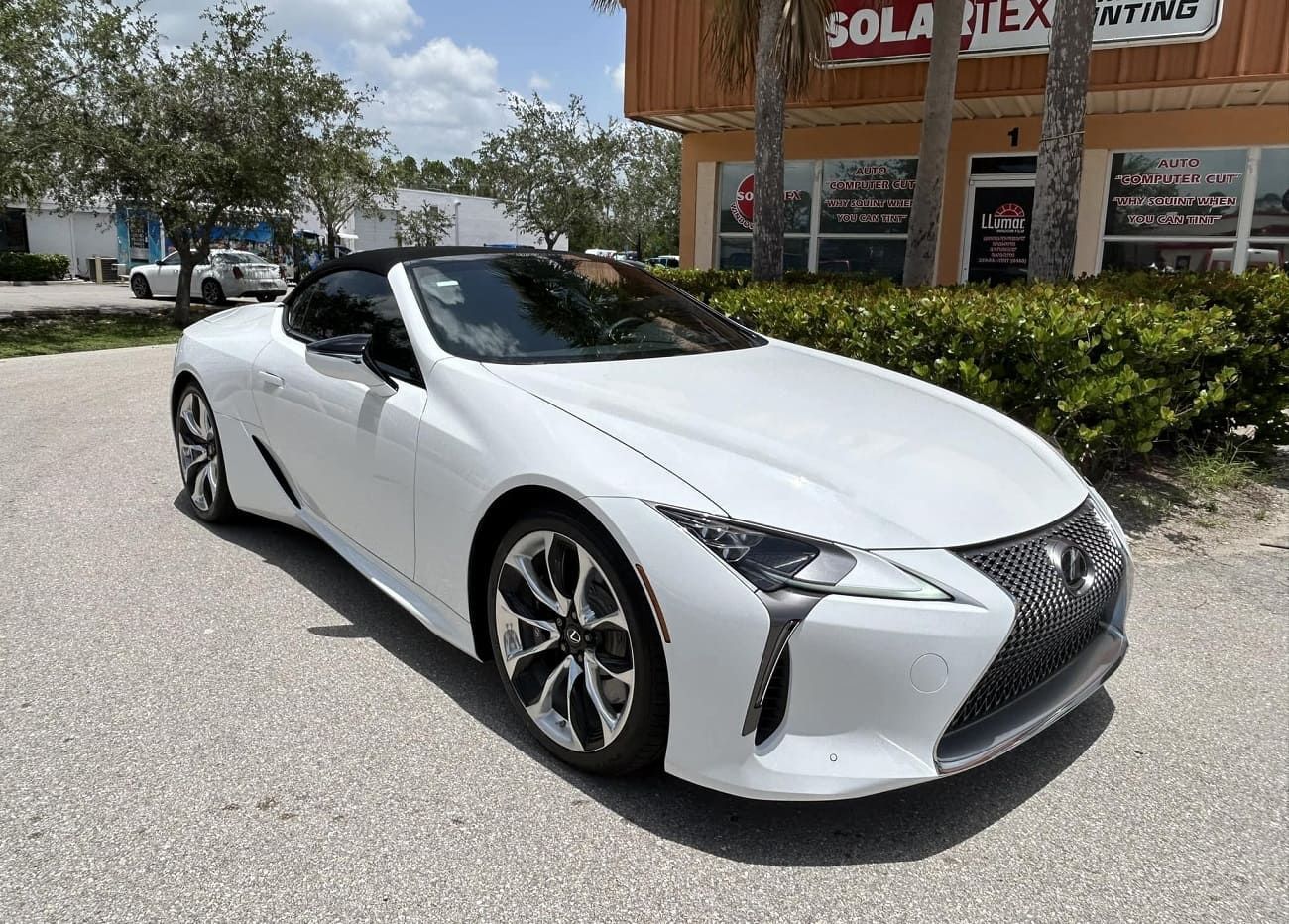
Tinting windows comes with more value than granting more aesthetic appeal. In fact, many business owners choose to tint their windows for the reduction in energy costs that window tinting provides.
When tinting your car, though, there's information that you need to keep in mind ao that you can ensure your tint is both high-quality and street-legal.
Not sure where to start? Don't worry, we’ve got you covered.
Let's take a look at everything you need to know about tinting windows on your car.
1. More Privacy
One of the most commonly sought-after benefits of tinted windows is the increased privacy that you'll have for your car.
While whether or not you enjoy the extra privacy while you're driving is left to personal preference, darker windows objectively make cars less enticing to thieves.
Since nobody will be able to see inside your car, they'd essentially be rolling the dice if they choose to break in. The chance of them ending up with nothing valuable is often enough of a deterrent to keep criminals away.
There is something to be said about general privacy, though, so it's an attribute you should still take into consideration.
2. Reduced Heat
There aren't many of us who enjoy getting into our automobile after it's spent an afternoon baking in the sun.
High-quality window tints protect against UV rays, providing extra protection for your skin. It has the added benefit though, of also reducing how hot your car gets during the warmer months when there's plenty of sunshine.
This is especially useful for those who live in states like Florida, Californa, or Arizona.
Additionally, you'll find that your car's interior won't become damaged by sunlight over time, allowing you to prevent costly repairs. This attribute in itself is often a selling point for those who own expensive vehicles.
3. States Have Different Laws
It's important to keep in mind that your state may have regulations that declare how dark you're legally allowed to tint your windows.
Some states may allow only a certain portion of the window to be tinted, while others may be relatively lax with their guidelines. Others may have a notably high limit on the level of tint that's allowed.
So, be sure to check with your Florida tinting laws before tinting your windows. Otherwise, you could find yourself getting pulled over (and even getting a ticket)!
4. There Are Different Types of Tints
Not everyone is aware of the fact that there are multiple ways you can tint your car's windows. They tend to vary in quality, effectiveness, and price, but the best one for you will depend on your personal needs.
Let's take a brief look at a few of the most notable.
Ceramic Tint
This type is typically the most expensive, but for good reason—it provides the greatest protection against UV rays than other types, leading to a darker and cooler interior.
If you're looking for a complete tint without any complications, this is likely the option to pursue.
Dyed Tint
Dyed tinting involves coating the windows with a few protective layers of film. It's often the most affordable, but improper installation can lead to degradation of the layers over time.
In general, though, a reputable professional shouldn't have any issues installing this type of tint.
Metallic Tint
A metallic tint is notably reflective in appearance, and it's also physically stronger than most other types of tint.
However, due to the metal particles that are used, it can interfere with cell phone service or radio signals.
Carbon Tint
Carbon molecules prevent this type of tint from fading over time. It also creates a notably dark appearance that doesn't interfere with phone or radio signals.
This is a great option for those who don't want to purchase the most expensive type of window tint for their vehicle but still need quality service.
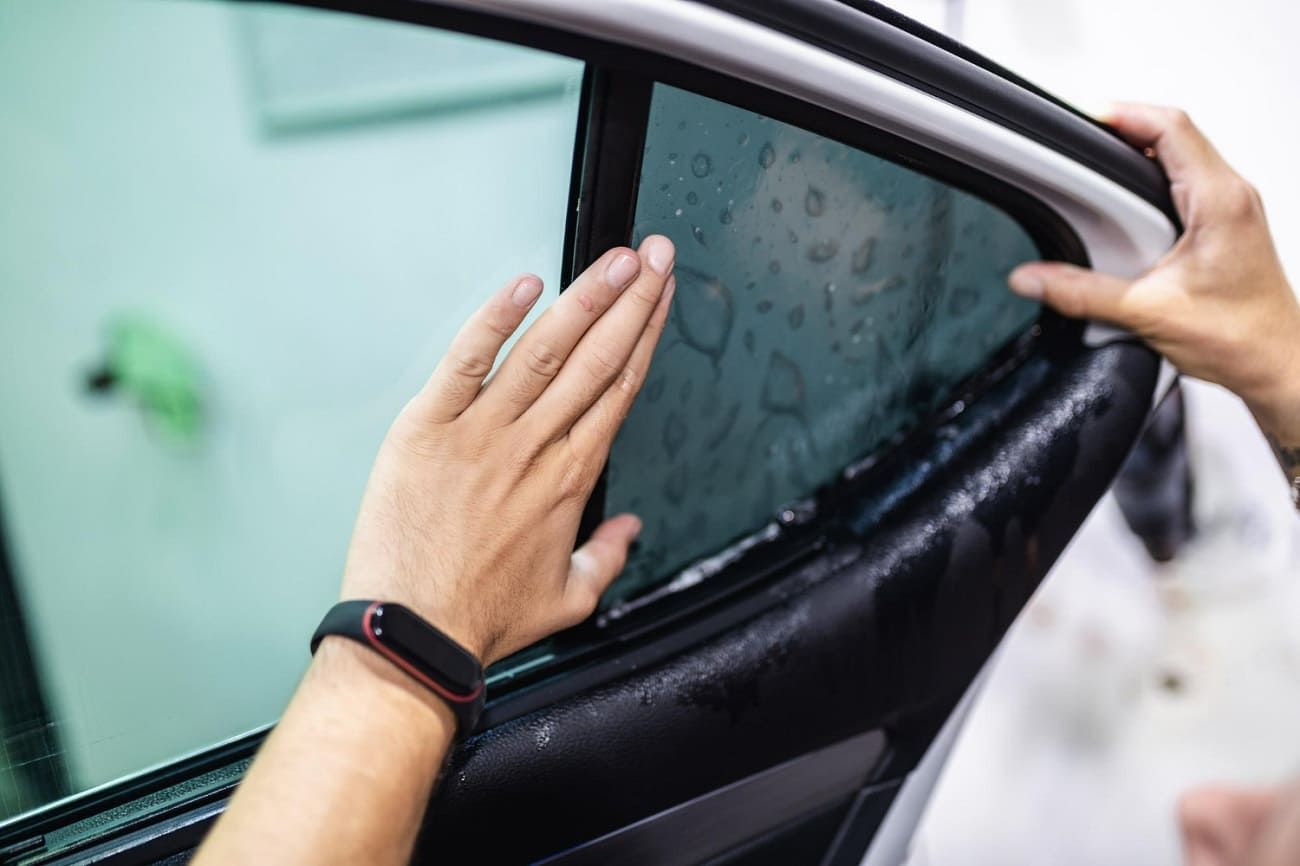
5. Professional Service Will Give You the Best Results
With the right equipment, possible to tint your car's windows on your own. But, you'll almost certainly run into complications during the process.
Not only do you need to buy materials and tools to complete the job, but an amateur will also experience issues with dust, air bubbles, and other problems that detract from the tint's appearance and functionality.
So, it's best to leave this service to a dedicated professional in order to get the best possible results. Otherwise, you'll spend unnecessary time, money, and may damage your windows in the process.
6. Tinted Windows Are Safer During a Collision
A noteworthy byproduct of window tinting is the glass's tendency to stick together during a collision. Since shards of glass can easily cause serious injury during a crash, you'll find that tinted windows are much safer in the event of an accident.
Since tint also reduces the sun's glare while you're driving, it's also useful for helping prevent collisions in the first place. Certain times of day have limited visibility due to the position of the sun, and drivers with untinted windows may have difficulty seeing the road.
Tinting Windows Enhances your Experience
And you'll likely never want to drive a car without tinted windows again.
With the above information about tinting windows on your car in mind, you'll be well on your way to creating the best driving experience possible.
Want to learn more about how Solartex Window Tinting in Fort Myers can help? Feel free to get in touch us today to see what we can do.

